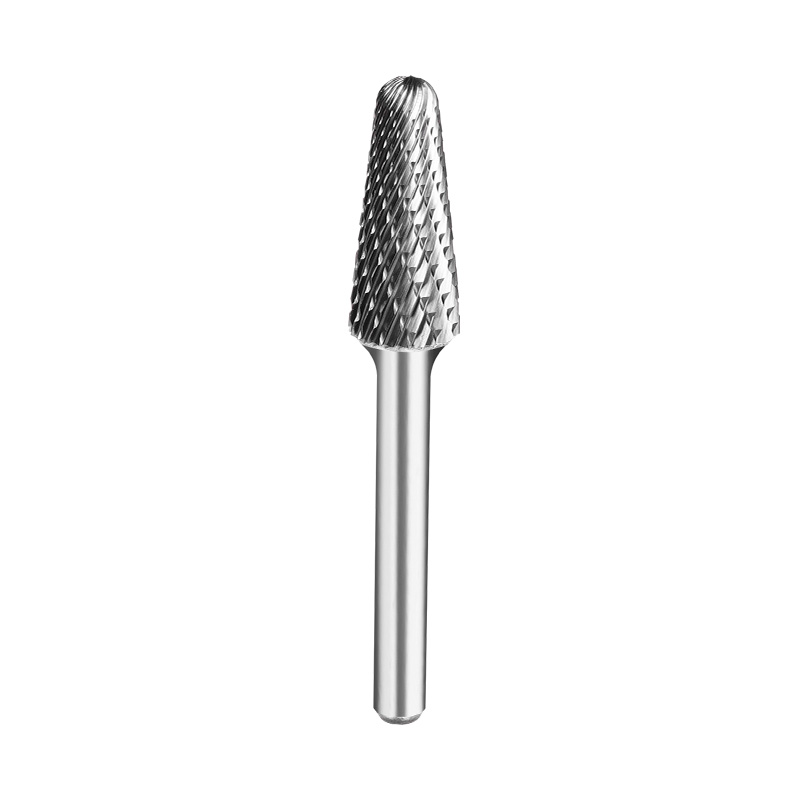Drilling technology has evolved significantly over the years, and carbide drill bits represent one of advanced developments in this field. Originally, drill bits were made from high-speed steel, which, while effective for general tasks, struggled with the demands of more intense applications. The introduction of carbide, a compound known for its hardness and resistance to wear, revolutionized drilling.
SDS carbide drill bits are designed to handle these demanding tasks with ease. SDS, which stands for Slotted Drive System, refers to the specific shank design of the drill bit. This design allows for a more secure fit in rotary hammers and other power tools, reducing slippage and improving the efficiency of the drilling process. The carbide tips on these bits provide the necessary hardness to drill through the hardest materials, including reinforced concrete and masonry.
While SDS carbide drill bits excel in heavy-duty tasks, micro carbide drills cater to a different set of needs. These drills are designed for precision work and are essential in industries where accuracy is crucial, such as electronics and fine mechanical work. Micro carbide drills, with their fine tips and durable construction, ensure that even the smallest holes can be drilled with precision and durability.

The intersection of precision and power is where micro carbide drills and SDS carbide drill bits find their respective niches. In some applications, a combination of both may be necessary. For example, a project might start with micro carbide drills for detailed work and then transition to SDS carbide drill bits for more substantial, heavy-duty drilling.
Another important category within the realm of carbide drill bits is high-speed carbide drill bits. These are specifically designed to operate effectively at high drilling speeds, providing both efficiency and performance. High-speed carbide drill bits are ideal for tasks that require rapid drilling without compromising the quality of the work.
The ability to maintain sharpness and effectiveness at high speeds makes high-speed carbide drill bits a popular choice in production environments where time is of the essence. These bits can handle a variety of materials, including metals, plastics, and composites, making them versatile tools in any workshop.
When selecting the appropriate drill bit for a task, it is essential to consider the material being drilled, the type of drilling required, and the tools available. SDS carbide drill bits are particularly suited for heavy-duty applications involving tough materials like concrete and stone. Their design and carbide tips make them a powerful tool for such jobs.
On the other hand, micro carbide drills are great for tasks requiring high precision and detail. These drills are used in applications where small, accurate holes are necessary. For tasks that require drilling at high speeds, high-speed carbide drill bits offer the efficiency and performance needed to complete the job quickly and effectively.
As technology continues to advance, so too will the capabilities of carbide drill bits. Innovations in materials and design are likely to cause even more durable and efficient drill bits. For instance, the development of new carbide alloys or enhancements in the SDS design could further improve performance and versatility.
In the future, we may also see increased integration of smart technology in drill bits. Sensors and data analytics could provide real-time feedback on the drilling process, allowing for even greater precision and efficiency. Such advancements would further cement the role of carbide drill bits as essential tools in both heavy-duty and precision applications.
SDS carbide drill bits have firmly established themselves as the power tool of choice for heavy-duty drilling tasks. Their robust design and carbide tips allow them to tackle challenging materials with ease. Meanwhile, micro carbide drills and high-speed carbide drill bits cater to specific needs within the industry, offering precision and efficiency in various contexts.